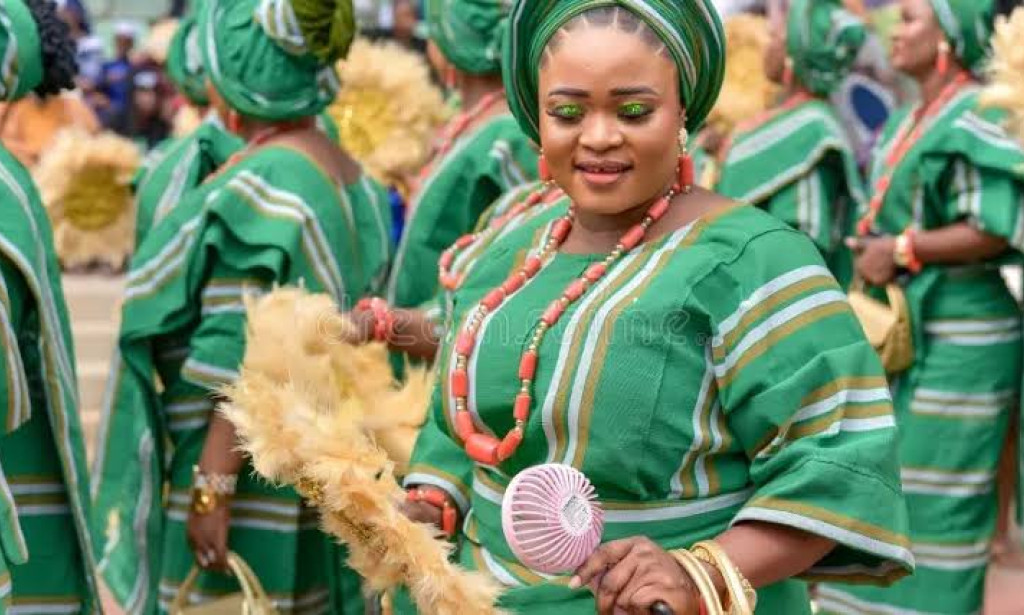The Yoruba people are one of the largest ethnic groups in West Africa, with a rich history, culture, and traditions that span centuries. They are primarily located in Nigeria, but also have a significant presence in neighboring countries such as Benin and Togo.
History: The Yoruba people have a complex history, with many different legends and oral traditions surrounding their origins. However, it is generally believed that the Yoruba people originated from a region in the northern part of modern-day Nigeria, and then migrated southwards over time.
One of the most significant historical periods for the Yoruba people was the Oyo Empire, which existed from the 14th to the 19th century. The Oyo Empire was a powerful kingdom that controlled much of what is now modern-day Nigeria, and was known for its sophisticated administrative and military structures.
Culture: The Yoruba culture is known for its rich artistic traditions, including sculpture, music, and dance. Yoruba art often features intricate patterns and symbolism, and is used in religious and spiritual contexts as well as for decorative purposes.
Music and dance are also an important part of Yoruba culture, with many different styles and rhythms. The talking drum, a type of drum that can imitate human speech, is a particularly important instrument in Yoruba music.
The Yoruba people also have a rich tradition of storytelling and oral history. Many important cultural and historical events are preserved through oral tradition, and the telling of stories is an important part of Yoruba social life.
Traditions: The Yoruba people have many important traditions that are still practiced today. One of the most significant is the Ifa divination system, which is used to communicate with the spiritual world and seek guidance on important decisions.
The Yoruba also have a rich tradition of masquerade, in which dancers wear elaborate costumes and masks to represent spirits or ancestors. These masquerades are often used in religious and cultural ceremonies, and are an important part of Yoruba cultural identity.
Another important Yoruba tradition is the gelede ceremony, which is a celebration of women and their power. During the gelede ceremony, dancers wear elaborate costumes and masks to represent different aspects of feminine power, and celebrate the contributions of women to Yoruba society.



You must be logged in to post a comment.